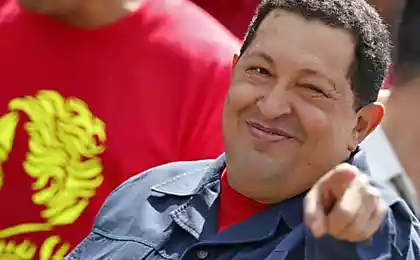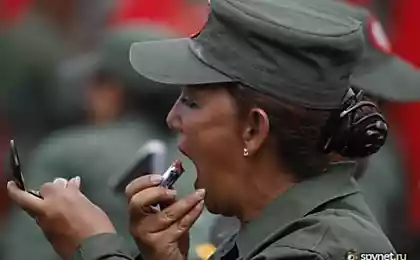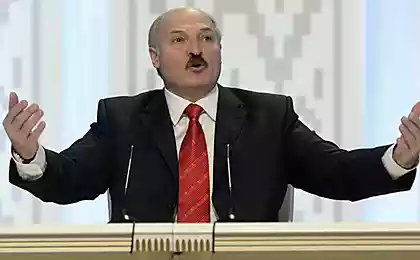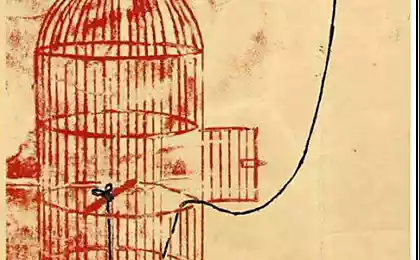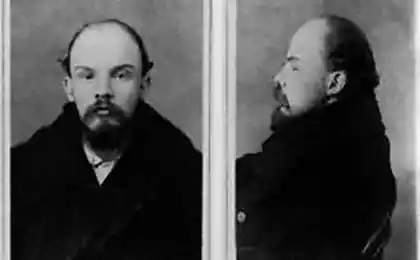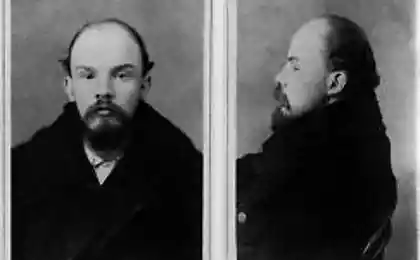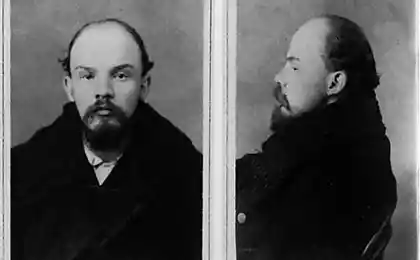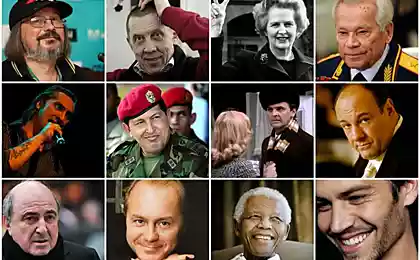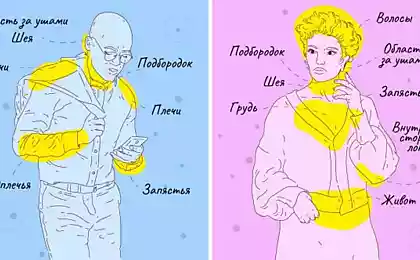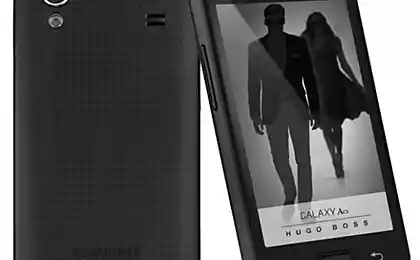159
The spirit and spirits of Hugo Chavez

It is difficult to describe the psychological portrait of a modern politician, whose opinions vary to polar opposites in different states. Let’s try to stay within the framework of psychopathological analysis. Venezuelan statesman and military leader Hugo Rafael Chavez (1954-2013) was a friend of our country and since 1999 served as President of Venezuela.
Diagnostic proposal
There is no contradiction between the characteristics of a revolutionary leader, as Hugo Chavez certainly was, and the presence of psychopathological personality traits. Accusations of psychopathy and narcissism are legitimate.
As a child, he had the nickname Tribilin, which in translation meant “Noposeda”. His first words left-handed boy began to read from right to left. But nature endowed him with a brilliant memory, which the writer Gabriel Garcia Marquez called “supernatural”.
Hugo easily quoted whole sentences from the Bible and recited countless poems. He only had to read the text he liked a couple of times. In 1971, Hugo Chavez, despite a failed chemistry exam, was admitted to the Military Academy: he helped to get success in baseball. The athletic spirit of competition was dominant in his character, and the difficulties that arose further fueled his energy.

But it is not enough for Chavez to be just a military man. And he decides to stage a coup d’etat, which is completely in line with the traditions of Latin American countries. “Before the year two thousand, I will be a general and put this country on its ears.”
He's starting to lead a double life. For army commanders, Chavez is a disciplined and executive officer. In front of the family plays "natural" and at first glance seems to be a man infinitely far from politics. In October 1977, Hugo created his own clandestine cell, which included three subordinate sergeants. The cell received a loud name – “Army for the Liberation of the People of Venezuela”.
Chavez’s restless nature, multiplied by his excessive love of coffee, prevents him from closing his eyes. And he proposes to move to radical methods of struggle: blowing up bridges, power lines and radio towers. In conversations, Chavez was prone to monologues. As his friend recalled, “He could talk for hours without noticing that I was already asleep.”
In 1992, Chávez graduated from the senior command of the General Staff, but was sent to a remote province. Local counterintelligence was also not dozing off, and the authorities had an understandable distrust of the ambitious lieutenant colonel. They considered it too risky to trust him with mobile and well-armed units.
On February 4, 1992, Hugo Chavez led a coup attempt that failed. Hugo Chavez took full responsibility for the preparation and organization of the military revolt and ended up in prison. He spent two years in prison and was pardoned by President Rafael Caldera in 1994.

Chavez continued to serve and strengthen his political party. In 1999, Venezuela had a new president, Hugo Rafael Chavez. What the coup did not bring him, he achieved through democratic elections.
Give me a chair for the spirit!
There have been military demonstrations in Venezuela before. But only one officer, Chavez, was successful in the struggle for power. Why him? According to the conspiracy theory, Chavez owes his success to the Masons, one of the lodges he allegedly tried to join.
The magical worship of the national hero of Venezuela, Simon Bolivar, reached Chavez to the “verge of madness”. He asked to leave one empty chair at the meetings: the “spirit of the Liberator” supposedly descended and sat on it, accompanying and illuminating their discussions. Even in his office, Chávez marked a special chair, showing incoming people, "This is the Liberator's chair!"
In the international media there were versions about the “mental ill health” of the President. According to Chávez's friend, psychiatrist Edmund Chirinos, "caffeine is like a strong drug to him." He drinks 26 to 30 cups of black coffee a day. Suffers from insomnia and hyperactivity, sleeps for three to four hours and gets up cheerful, energetic and always ready for battle.
The opposition accused Chavez of drug addiction. He admitted to using coca leaves, noting that “coca is not cocaine.” I chew coca every morning and am in great shape.” He added that he receives coca from his friend, Bolivian President Evo Morales.
Hugo Chavez managed to write poems and stories, was fond of painting. A special place in his life was occupied by literature - books on history, philosophy, the Bible and poetry. At the end of 2007 he published a collection of songs, which included popular Venezuelan and Mexican songs, performed personally by the President in special television and radio programs.
Team Pedro and others...
Chavez’s vulnerable place was family life – a divorce from his first wife, Nancy Colmenares, who bore him two daughters, but was a homebody and absolutely not interested in politics. The union also broke up with the “civil wife” Erma Marxman (Party nickname – “Comandante Pedro”), who was jealous of the cases of infidelity of Chavez during his imprisonment (the national hero was too often visited by “fans” and fans).
Extremely tense was the relationship with his second wife, Marisabel Rodriguez, who caused her husband so much trouble that he sometimes thought: is she not the puppet of his opponents – Venezuelan oligarchs?
"Divine" Solitude
Chavez took his image very seriously. Depending on the situation, he chose the style of clothing, and pre-rehearsed the performances, analyzing gestures and the most favorable angles in front of the mirror. Colorful language, expressive vocabulary, sometimes deliberately common, trusting honesty - all this conquered the listeners. In addition, he refused the presidential salary, turning it into several student scholarships.
It is impossible to deny Chavez workaholism: he slept little, devoting all the time to the workshops he held under the portrait of Simon Bolivar, and work with documents. Mental overload, which inevitably arose with such a life rhythm, was removed by taking the antidepressant Prozac.
General Alberto Müller Rojas, who headed Chávez’s campaign in 1998, noted another psychopathological trait in him: “He jumps easily from one position to another.” He is a person with a pronounced tendency to cyclothymia, subject to frequent mood changes - from extreme euphoria to complete decline. Because this happened too often, Chavez’s impermanence became the subject of much speculation. It was said that he was experiencing severe depression, panic attacks and that he was constantly observed by doctors.
On the way to his presidency, Chavez lost many friends and like-minded people. But this is natural for politicians who are not overburdened by moral rules. Chavez did not grieve these losses: the forest is cut down - chips fly. He gradually became accustomed to the thought of his “divine” solitude. And his ally-turned-oppositionist, Francisco Arias Cárdenas, believed that Hugo Chávez “lives in paranoia to maintain power.” Maintaining power is his own hell that condemns him to eternal struggle.”
Source: www.psyh.ru/rubric/7/articles/2333/
